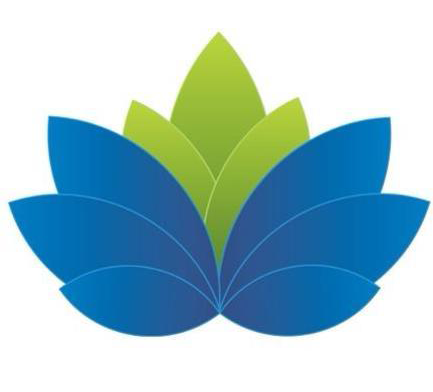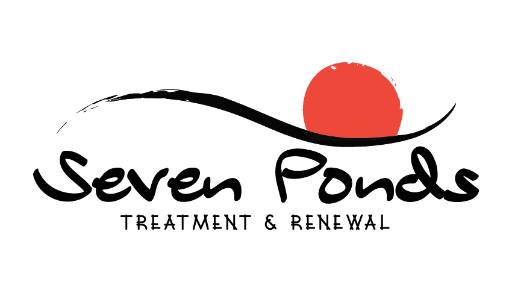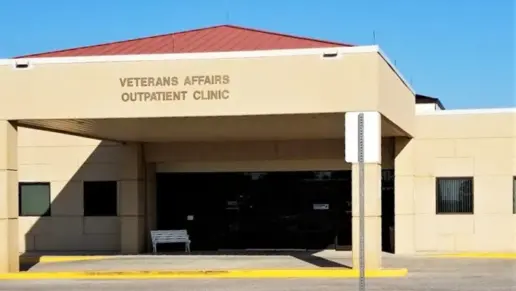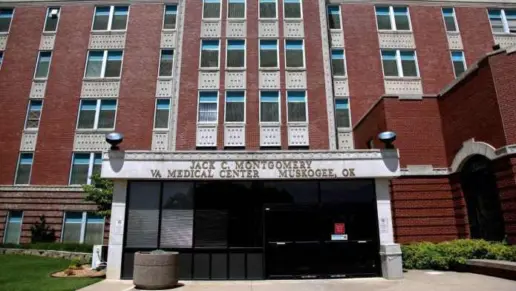I cannot express enough how amazing this place is. I still rant and rave to everyone, telling them this is THE BEST place to go if you really want help. Out of all treatment centers paid and state-funded, this is BY FAR the best one across the state of Oklahoma. I owe this p ...
About Variety Care at NorthCare Family Treatment Center
The NorthCare Family Treatment Center (FTC) is a residential treatment facility where mothers and children live together while the mother is in treatment, strengthening families and breaking intergenerational cycles of substance use and trauma. The FTC provides a nurturing environment and quality care to support women on their recovery journey.
The NorthCare Family Treatment Center (FTC) is a residential treatment facility providing a nurturing environment with the highest-quality care and education to help women with substance use or co-occurring conditions on their journey to recovery.
Mothers and children live together while the mother is in treatment, strengthening families and breaking intergenerational cycles of substance use and trauma.
Services work together to support recovery, a sense of community and belonging, and healthy family relationships that continue beyond residential treatment. Our services include:
*Individual & Group Therapy
*Case Management
*Child Care
*Trauma Education
*Medication Management
*Parent & Child Groups
*Parenting & Wellness Classes
*Smoking Cessation Supports
For more information about our program, including information on the admission process, please call us at 405-858-1749.
Rehab Score
Gallery
Location
Other Forms of Payment
Financial aid can take many forms. Centers may have grants or scholarships available to clients who meet eligibility requirements. Programs that receive SAMHSA grants may have financial aid available for those who need treatment as well. Grants and scholarships can help you pai for treatment without having to repay.
Medicare is a federal program that provides health insurance for those 65 and older. It also serves people under 65 with chronic and disabling health challenges. To use Medicare for addiction treatment you need to find a program that accepts Medicare and is in network with your plan. Out of pocket costs and preauthorization requirements vary, so always check with your provider.
Medicaid is a state based program that helps lower-income individuals and families pay for healthcare. Medicaid covers addiction treatment so those enrolled can use their coverage to pay for rehab. When a program accepts Medicaid the client often pays very little or nothing out of their own pocket.
Military members, veterans, and eligible dependents have access to specific insurance programs that help them get the care they need. TRICARE and VA insurance can help you access low cost or no cost addiction and mental health treatment. Programs that accept military insurance often have targeted treatment focused on the unique challenges military members, veterans, and their families face.
Addiction Treatments
Levels of Care
Treatments
The goal of treatment for alcoholism is abstinence. Those with poor social support, poor motivation, or psychiatric disorders tend to relapse within a few years of treatment. For these people, success is measured by longer periods of abstinence, reduced use of alcohol, better health, and improved social functioning. Recovery and Maintenance are usually based on 12 step programs and AA meetings.
To address the issues of addiction, each drug rehab in Oklahoma is tailored to meet the individual's needs. Treatment may occur in a residential or outpatient setting, and may last from a few days to several months.
Many of those suffering from addiction also suffer from mental or emotional illnesses like schizophrenia, bipolar disorder, depression, or anxiety disorders. Rehab and other substance abuse facilities treating those with a dual diagnosis or co-occurring disorder administer psychiatric treatment to address the person's mental health issue in addition to drug and alcohol rehabilitation.
Opioid rehabs specialize in supporting those recovering from opioid addiction. They treat those suffering from addiction to illegal opioids like heroin, as well as prescription drugs like oxycodone. These centers typically combine both physical as well as mental and emotional support to help stop addiction. Physical support often includes medical detox and subsequent medical support (including medication), and mental support includes in-depth therapy to address the underlying causes of addiction.
Substance rehabs focus on helping individuals recover from substance abuse, including alcohol and drug addiction (both illegal and prescription drugs). They often include the opportunity to engage in both individual as well as group therapy.
Programs


Clinical Services
Treatment is focused on best practices and consumers are provided with 24 hours or more of psychoeducational group per week. Groups topics include, but are not limited to: relapse prevention, co-occurring issues, trauma in addiction, parenting, relationships, health and wellness, and women specific issues. Consumers are also able to attend 12 step meetings at least 5 times per week.
FTC provides individual counseling for substance abuse and co-occurring issues, and as well as case management. In individual therapy, a patient meets one-on-one with a trained psychologist or counselor. Therapy is a pivotal part of effective substance abuse treatment, as it often covers root causes of addiction, including challenges faced by the patient in their social, family, and work/school life.
Trauma therapy addresses traumatic incidents from a client's past that are likely affecting their present-day experience. Trauma is often one of the primary triggers and potential causes of addiction, and can stem from child sexual abuse, domestic violence, having a parent with a mental illness, losing one or both parents at a young age, teenage or adult sexual assault, or any number of other factors. The purpose of trauma therapy is to allow a patient to process trauma and move through and past it, with the help of trained and compassionate mental health professionals.
Research clearly demonstrates that recovery is far more successful and sustainable when loved ones like family members participate in rehab and substance abuse treatment. Genetic factors may be at play when it comes to drug and alcohol addiction, as well as mental health issues. Family dynamics often play a critical role in addiction triggers, and if properly educated, family members can be a strong source of support when it comes to rehabilitation.
Creativity is inherently healing, and can help those in recovery express thoughts or feelings they might not otherwise be able to. Creative arts therapy can include music, poetry/writing, painting, sculpting, dance, theater, sandplay, and more. Unlike traditional art, the final product matters far less than the experience of creation and expression itself.
Experiential therapy is a form of therapy in which clients are encouraged to surface and work through subconscious issues by engaging in real-time experiences. Experiential therapy departs from traditional talk therapy by involving the body, and having clients engage in activities, movements, and physical and emotional expression. This can involve role-play or using props (which can include other people). Experiential therapy can help people process trauma, memories, and emotion quickly, deeply, and in a lasting fashion, leading to substantial and impactful healing.
Amenities
-
Yoga Studio
-
Residential Setting
-
Private Rooms
Staff

Variety Care CEO
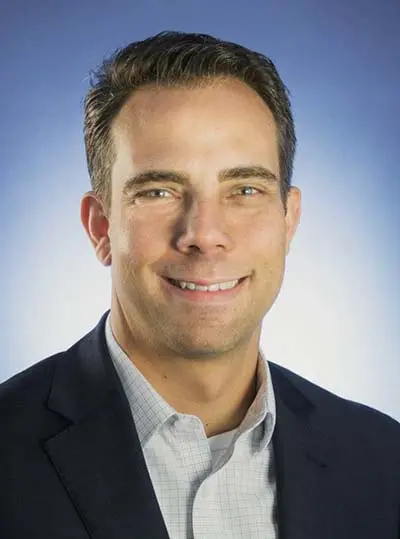
Variety Care Chairman, BOD
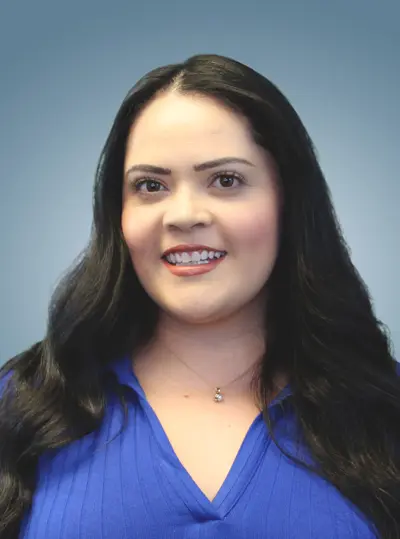
Variety Care VP Chairman, BOD
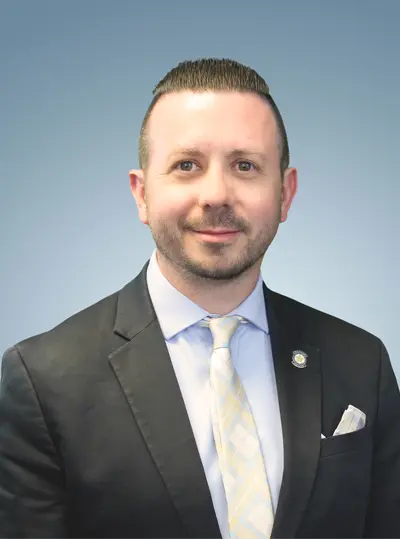
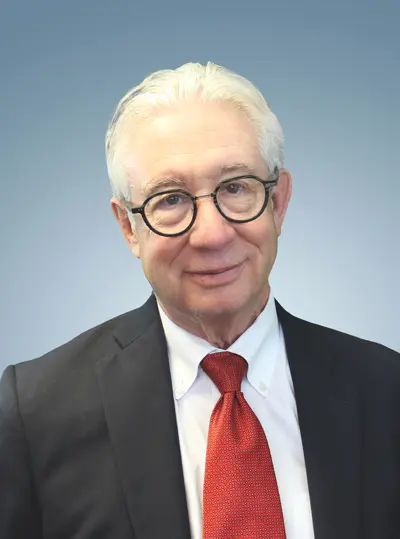
Variety Care Treasurer, BOD
Contact Information
7127 N County Line Rd
Piedmont, OK 73078
